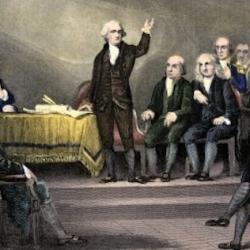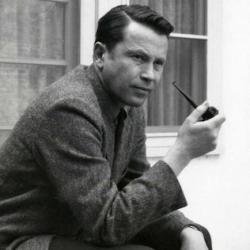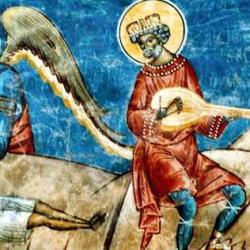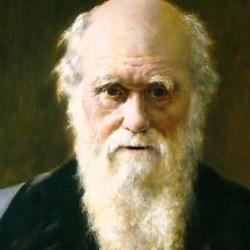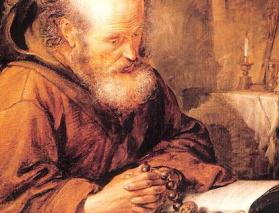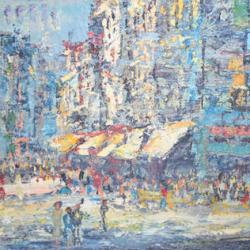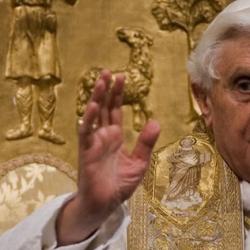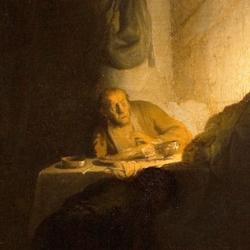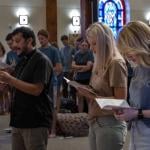Robert Bellamy states the thrust of his “republican defense of constitutional democracy” up front (Political Constitutionalism, viii). He rejects the common assumption that “a written, justiciable constitution, incorporating a bill of rights” is a “necessary safeguard against the abuse of power by democratic governments.” Written constitutions often have precisely the opposite results: “Far from guarding against a largely mythical tyranny of the majority, the checks imposed by judicial review on majoritarian decision-making risk undermining political equality, distorting the agenda away from the public... Read more

